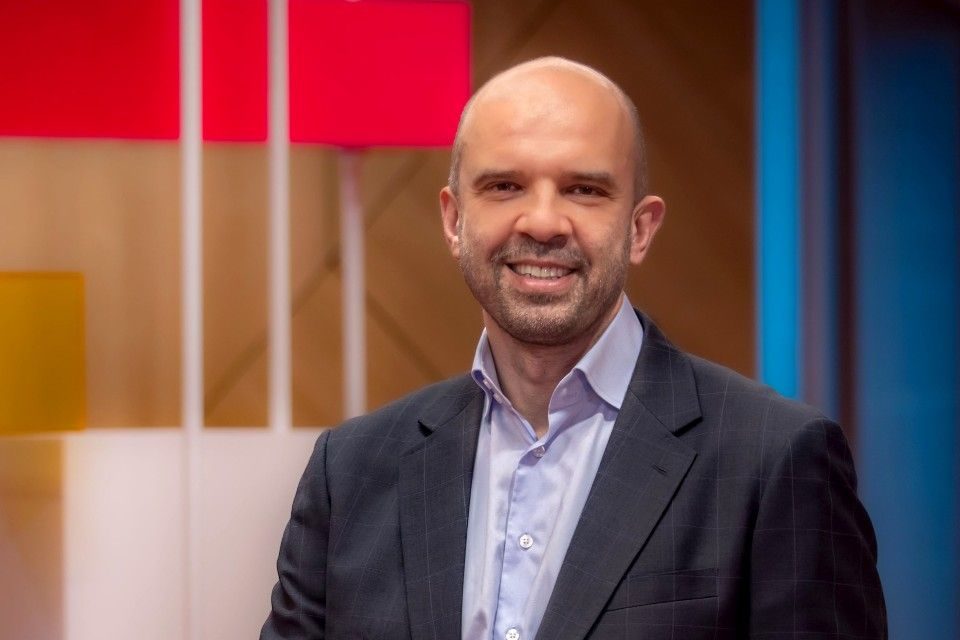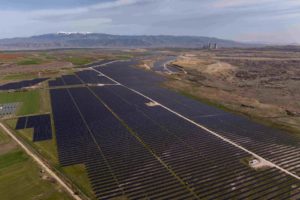Share of Romanian CEOs expecting a slowdown in economic growth has doubled since the war in Ukraine broke out

Romanian CEOs’ optimism about Romania’s economic growth has faded since the outbreak of the war in Ukraine, according to the revised April edition of the CEO Survey 2022 conducted by PwC Romania. The percentage of them expecting national GDP growth to accelerate has dropped to 34 percent, from 59 percent in the January edition of the report, while the share of respondents expecting a slowdown in economic growth has more than doubled from 26 percent to 54 percent.
“Since we started exploring the perceptions of Romanian CEOs in the CEO survey, there have been many shocks, but the way they have emerged and juxtaposed over the last two years − from the health crisis, to the energy crisis, to accelerating inflation and war, with all their effects − cannot be compared to any previous period. Although we were starting 2022 under favourable auspices and with great confidence, after Romania’s economy had recovered from a brutal fall in 2020, the outbreak of war in Ukraine has tempered the expectations of executives in Romania and around the world”, said Dinu Bumbăcea, Country Managing Partner PwC Romania.
The International Monetary Fund (IMF) has recently revised its estimates to +2.2 percent for Romania’s economy (from 4.8 percent previously) and 9.3 percent for average annual inflation, which is expected to fall to 4 percent in 2023. The growth rate announced by the IMF is higher than the World Bank’s national GDP growth prediction of only 1.9 percent.
The war in Ukraine is taking its toll on the confidence of our country’s CEOs and on the ability of their companies to grow their revenues over the next 12 months. Thus, only 20 percent of respondents say that they are extremely or very confident that turnover will increase (down from 54 percent), while another 49 percent are somewhat confident about the prospects of a better year.
As expected, the war in Ukraine has repositioned concerns on the list and influenced CEOs’ perceptions. Macroeconomic volatility remains the most acute threat in the opinion of Romanian business leaders. Of Romanian CEOs, 54 percent say that they are extremely or very concerned about this risk (up slightly from 51 percent). Concerns over geopolitical conflicts come second: the share of respondents who say that they are extremely or very concerned about this threat has doubled to 43 percent. Cybersecurity, as mentioned by 31 percent of company executives (down from 43 percent in January), remains in third place. However, the pandemic threat is decreasing in intensity, with only 17 percent of our country’s CEOs saying that they are extremely or very concerned (down from 49 percent in January), while another 40 percent express some concern about this threat.
In terms of expansion opportunities, Romanian CEOs see opportunities in both nearby and distant markets. Compared to last year, the importance of the United States (second place) and China (third place) has increased for Romanian companies, along with the importance of new European markets in Italy, Austria and Moldova. Germany tops the list of markets with growth opportunities.
“What do we think business leaders have learned over the years? That there are critical dependencies for which they need to find quick answers, such as energy dependency on Russia, supply chain dependency on China and semiconductor dependency on Taiwan. It is possible that the solutions to these dependencies will produce more protectionism and less globalisation. Moreover, in addition to these factors that have massively influenced the economic and social environment, business leaders have also had to manage transformations related to the workforce, technology, environment and sustainability − areas where the pressure for change has intensified in recent years and sometimes required disruptive decisions. Companies in Romania − obviously not in all sectors, but in general − have reacted and acted surprisingly well in the last two years to show that they are resilient and mature”, Dinu Bumbăcea added.
In terms of environmental, social and governance (ESG) policies, 27 percent of CEOs in Romania are committed to reducing CO2 emissions. That is a similar percentage as in Central and Eastern Europe and worldwide. Although interest in ESG is growing, long-term business strategies continue to be driven by non-financial indicators of day-to-day business performance, such as customer satisfaction, employee engagement or digitalisation. Thus, 30 percent of Romanian CEOs say their organisations are working on CO2 reduction strategies, but 40 percent have no such commitment.














